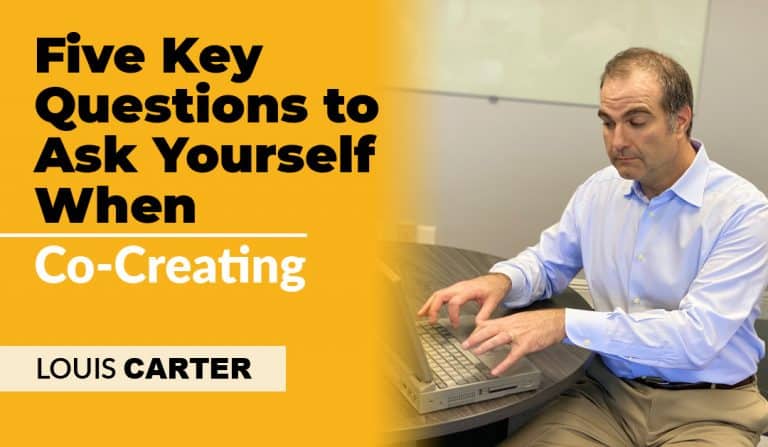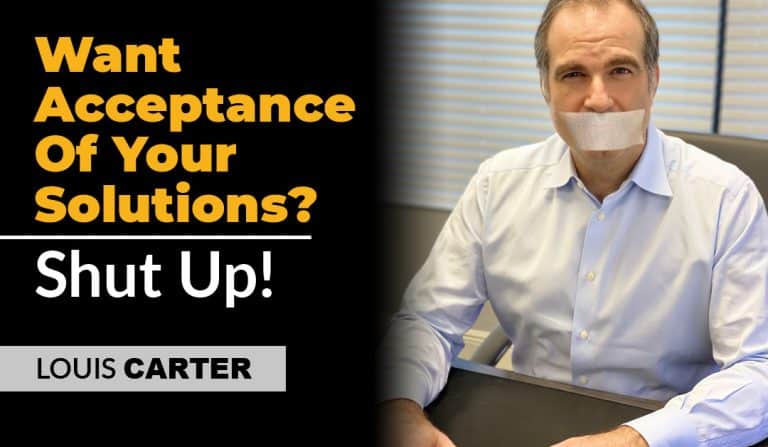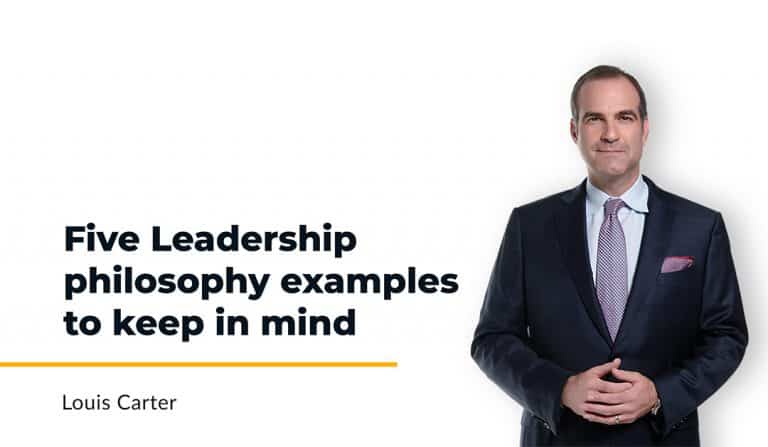As a leader, how often do you find yourself being the smartest person in the room? Is it sometimes, most of the time, or is it never? I often wonder what qualifies someone to be or to consider themselves to be the smartest. I mean, what proof is needed for that?
Is it a title? Do you need to be a CEO or a director of a firm? Is it a qualification like acquiring multiple degrees or a Ph.D.? Or is it the number of years of experience and the credibility? Or maybe it is the balance on your bank account?
It is interesting to think that we live in a society where we are raised and conditioned to do our best at whatever we do. We need to study hard, work hard and become experts at what we do. But when we boil it down to the level of ego and consciousness, if you do end up becoming the smartest person in the room, what does that say about you as a leader?
I remember reading the book ”Ego is the enemy” by Ryan Holiday. I loved the analogy by Frank Shamrock that said that we all need pluses, minuses, and equals in our lives.
What are the Pluses, Minuses, and Equals We Need in Our Lives as a Leader?
To not allow ego to be your enemy, it is vital that you know the pluses, minuses, and equals you need to have in your life as a leader. Pluses are already ahead of us; they are already doing what we want to be doing. They are people we want to learn from – our coaches, mentors, and role models.
Do you allow yourself as a leader to follow others to learn, grow, and be better? Do you let yourself admit that there are simply things that you do not yet know? Or do you feel like you need to have all the answers, else someone might find out that you are not all that and that you are a fraud?
Yes, the impostor syndrome is real amongst leaders. However, we also see leaders whose ego and current achievements convince them that they do not need to learn from anyone, that they have arrived; we see examples of that kind of leadership everywhere in the world today.
Minuses remind leaders where they started. These are people who give us examples of what we want to avoid or who we do not want to be. By observing people who are only starting on their journeys, leaders develop a sense of humility and compassion. Additionally, minuses provide leaders the opportunity to give and contribute. It fits very much into the definition of a participative leadership style.
Finally, equals are people who challenge us! People who push us, who have us run even faster and become even stronger! These are the people who make sure that we do not get complacent! That is why if you find yourself to be the smartest person in the room, you should quickly find a different room to enter! Go out there and find people who challenge you, push you to grow, and allow you to step out of your comfort zone!

Why Ego is The Enemy of Good Leadership and How to Overcome It
One of the biggest reasons ego is the enemy of good leadership is that it distorts our sense of reality. Leaders with inflated egos struggle to take on any constructive feedback. They might also overestimate their abilities while underestimating the skills, efforts, and people required to achieve a goal. Do not be that person!
Instead, manage your ego by:
- Respecting the time of every person
- Maintaining balance when showing emotion, empathy, or an understanding of things—avoid going overboard. These are some of the qualities displayed by a charismatic leader.
- Following a strict structure when collaborating or giving orders to establish the purpose, objectives, potential outcomes, and the next steps every time a team meeting is called.
- Getting out of the swamp—Provide strong leadership to your followers while not letting your ego hinder their progress.
- Knowing your true motivations—Find the real reason behind an action or specific instructions/orders given to subordinates/followers. Make sure it is not your ego leading the way.
Final Word
Ego can be an obstacle to good leadership, and you need to follow the steps outlined above to keep it under control. But, is ego all bad? Not exactly! A healthy amount of ego can help us go after what we want. When we have high self-esteem, we are more likely to start that dream business or approach that dream project.
Moreover, we teach others how to treat us by setting boundaries or by not doing so; we need a healthy amount of ego and self-respect to do that. So, the ego can be beneficial to a leader as long as they know how to manage it and keep it under control.






